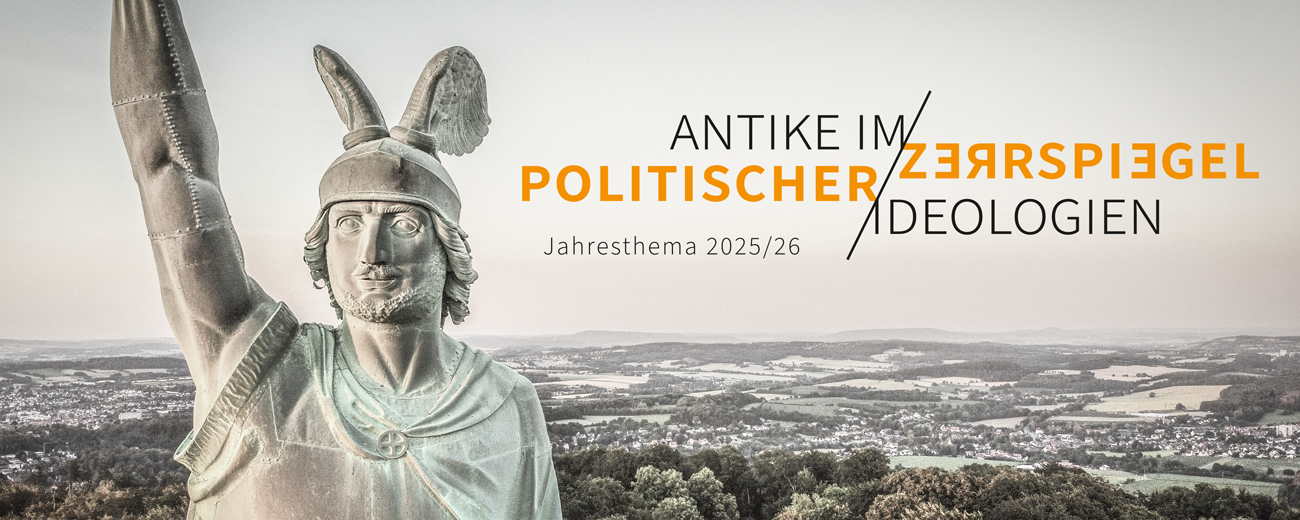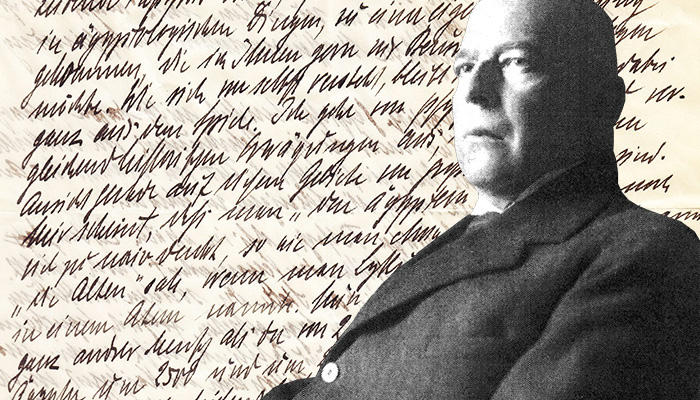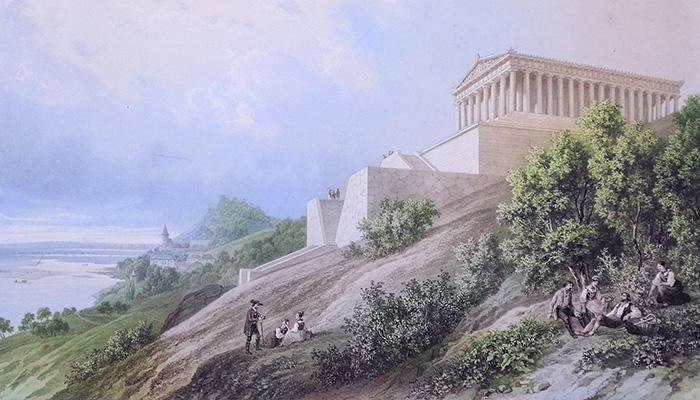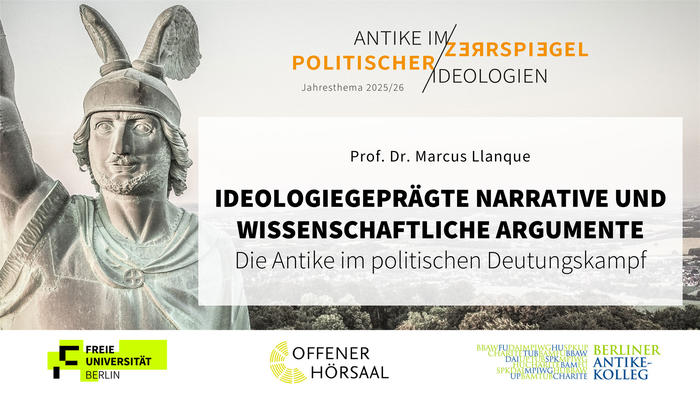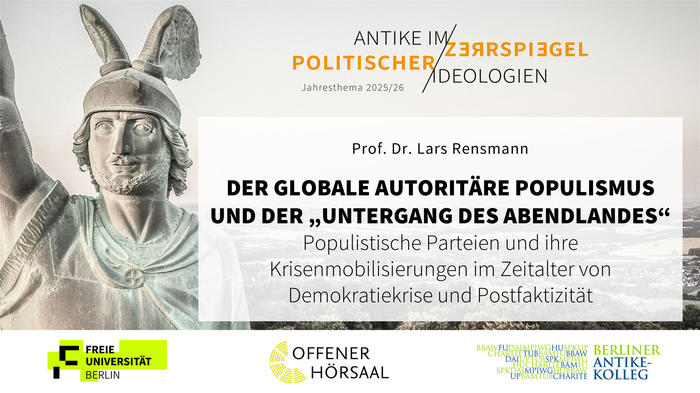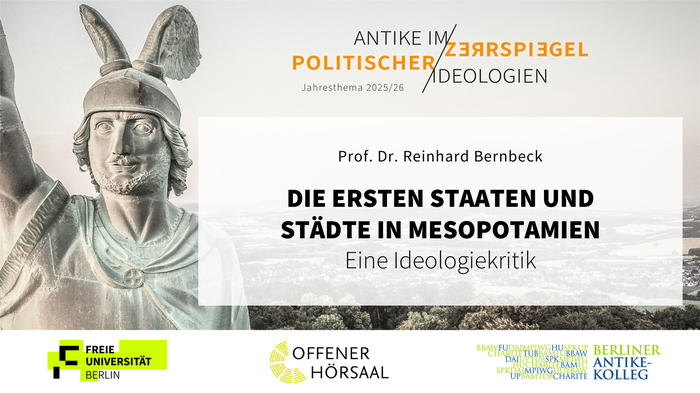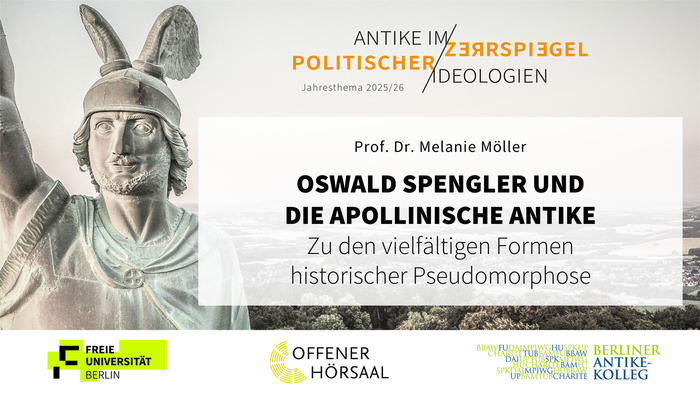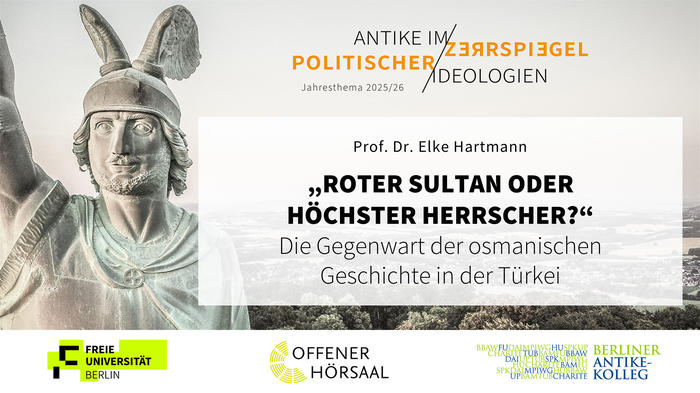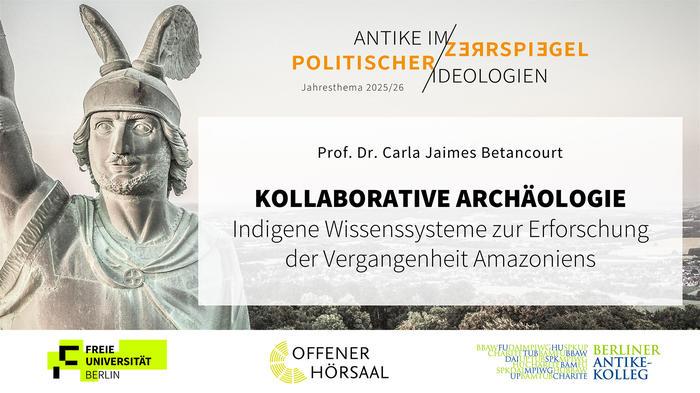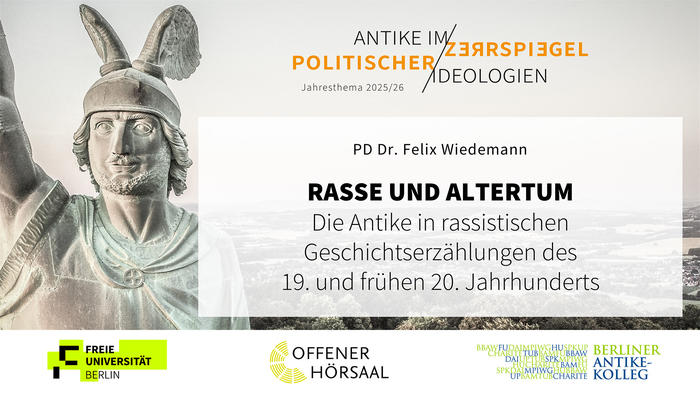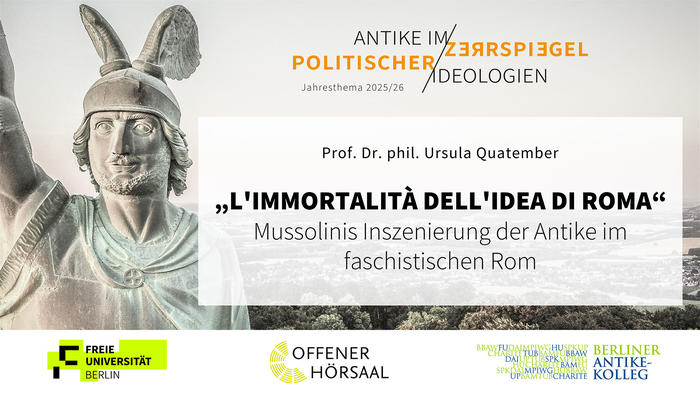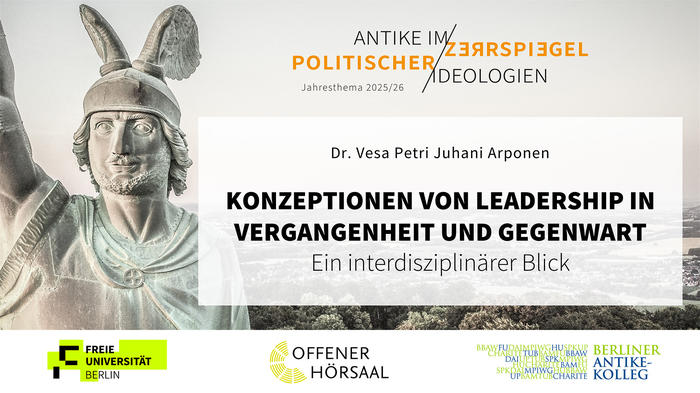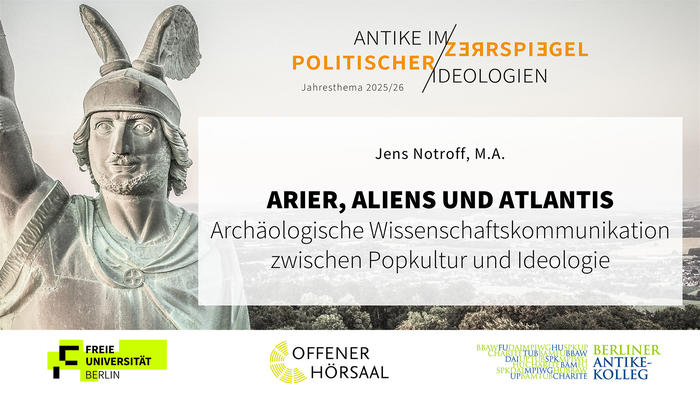The more authoritarians invoke historical narratives in support of their proposed alternatives to the open society, the more the interpretation of the past is being turned into a tool for use the struggle to shape the future.
A recent example is the current rediscovery on the part of anti-liberal historians and representatives of the Neue Rechte (New Right) of Oswald Spengler’s Decline of the West or Der Untergang des Abendlandes (1918). In this work, Spengler describes the cyclical rise and decline of paradigmatically unmixed cultures that are inextricably bound up with identity. To do so, Spengler draws on powerful, traditional concepts, such as the idea of cultural purity, the model of the lifecycle of biological organisms, as a way of describing historical epochs, the figure of the eternal return from the history of philosophy and the eschatological thought of apocalypticism. With these, Spengler constructed a panorama of world history that enjoyed considerable public success in the post-World War I period. As reviewers pointed out at the time, the heights of that success stood in striking contrast with the scholarly level of the “semi-educated charlatan” (Harry Graf Kessler).
Naturally, the "episteme" – the foundation of historical knowledge of the time – always guides the selection, analysis and interpretation of historical sources and findings, and so too do researchers’ political and ideological preferences. Thus, every reconstruction or account of the past involves elements of “distortion”.
Nonetheless, there is a fundamental difference between, on the one hand, a scientifically motivated approach anchored in a regulative concept of truth, a well-proven methodology, source criticism and hermeneutics that can stand up to scrutiny, and, on the other hand, historical narratives whose motivation is primarily political and which are employed specifically to serve ideological purposes.
This is at the focus of the 2025/26 annual theme of the Berliner Antike-Kolleg: "Antiquity through the distorted mirror of political ideologies". This theme was chosen with the aim of stimulating an examination of the tension between the complex set of interwoven conditions governing a historical interpretation and the deliberate deployment of historical narratives to serve political agendas. It is also intended to promote a more nuanced discussion of the linkages and differences between method-based work on ancient source material and the ideological exploitation and political exploitation of such material, and thus to highlight the significance of research on the ancient world for the present day.
The 2025/26 annual theme will be addressed in a diverse programme offered by the BAK. The programme will be made up of publications, evening lectures open to the public, and discussion formats bringing representatives of the various disciplines involved together with students and the interested public.
The impetus for the series of events came from the current renaissance that Oswald Spengler’s vision of the cyclical rise and fall of cultures inextricably bound up with identity is undergoing in the discourses of the Neue Rechte and anti-liberal historical scholarship. This interpretation seeks to legitimise anti-democratic narratives. The Berliner Antike-Kolleg will create a forum opposing the political exploitation of the ancient world, in which experts from the fields of political science, history, classical philology, archaeology and Egyptology come together to cast a critical light on and rebut historical narratives.
How are ancient cultures interpreted and appropriated to serve political ends? This is the question being explored in the public lecture series "Antiquity through the Distorted Mirror of Political Ideologies".
The event format invites students, researchers and the interested public to examine the past through a critical lens. The aim is to challenge historical interpretations and open new perspectives on current societal challenges.

